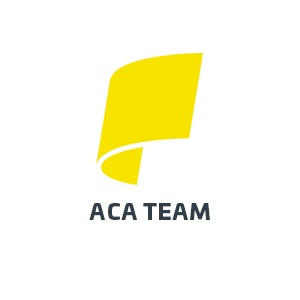How accurate is your Affordable Care Act (ACA) reporting? The ACA has certain reporting requirements for employers who provide health insurance to employees through a self-funded or self-insured health insurance plan.
For applicable large employers, or ALEs, (50+ full time employees or equivalent), then the reporting requirements for a self-funded plan are part of the reporting requirements as an ALE. If you are an ALE, you should already be providing a Form 1095-C to each of your full time employees and filing a Form 1094-C with the IRS, along with copies of all of your Form 1095-Cs. If you have a self-funded health insurance plan, then you are required to complete Part III of the Form 1095-C. However, ALEs with fully-insured health insurance plans do not complete Part III. Completion of Part III satisfies the ALE’s reporting requirement for a self-funded health insurance plan.
Further Reading: ACA Compliance - How to Determine If You're an Applicable Large Employer (ALE)
What if you provide health insurance to employees through a self-funded insurance plan but are NOT an ALE? You still have ACA reporting obligations. Small employers (those not considered ALE) who offer health insurance through a self-funded or self-insured health plan must provide a Form 1095-B to each employee who elected health insurance coverage. The employer must also file a Form 1094-B to the IRS with copies of each of the 1095-Bs attached.
There are four parts to the Form 1095-B:
- Part I is where you enter the information about the employee who elected coverage. On Line 8, you must indicate a code for the origin of the health coverage. For most private employers offering a self-funded insurance plan, the code will be “B” for employer-sponsored coverage. But, be sure to review the other options in case they are applicable.
- Part II is the employer information.
- Part III is the information on the issuer or carrier of the insured coverage. But, you will want to review the instructions carefully as you may can skip Part II and only complete Part III, depending on your particular situation.
- Part IV of the form is where you indicate all the covered individuals, including name, social security number (or date of birth if SSN is not available) and the months the individual was covered under the plan.
Important Deadlines:
- The Form 1095-Bs are due to your employees on or before March 2, 2017. For this year, the IRS extended the statutory deadline of January 31st by thirty (30) days.
- The Form 1094-B, along with copies of the Form 1095-Bs, are due to the IRS by February 28, 2017, if filing by paper or March 31, 2017, if filing electronically. The statutory deadline for the 1094-B was not extended by the IRS.
If you are NOT an ALE but do offer health insurance through a self-funded plan, then you will want to make sure that your employees receive a Form 1095-B and that you file a Form 1094-B with the IRS. Depending on your situation, the issuer or carrier of the insured coverage (the Part III name on Form 1095-B), may take care of these reporting obligations for you. But, as the employer, you need to confirm that your specific employer reporting obligations are met.
If you need help with your company's ACA reporting, please click the link below to contact Propel HR's ACA experts.










